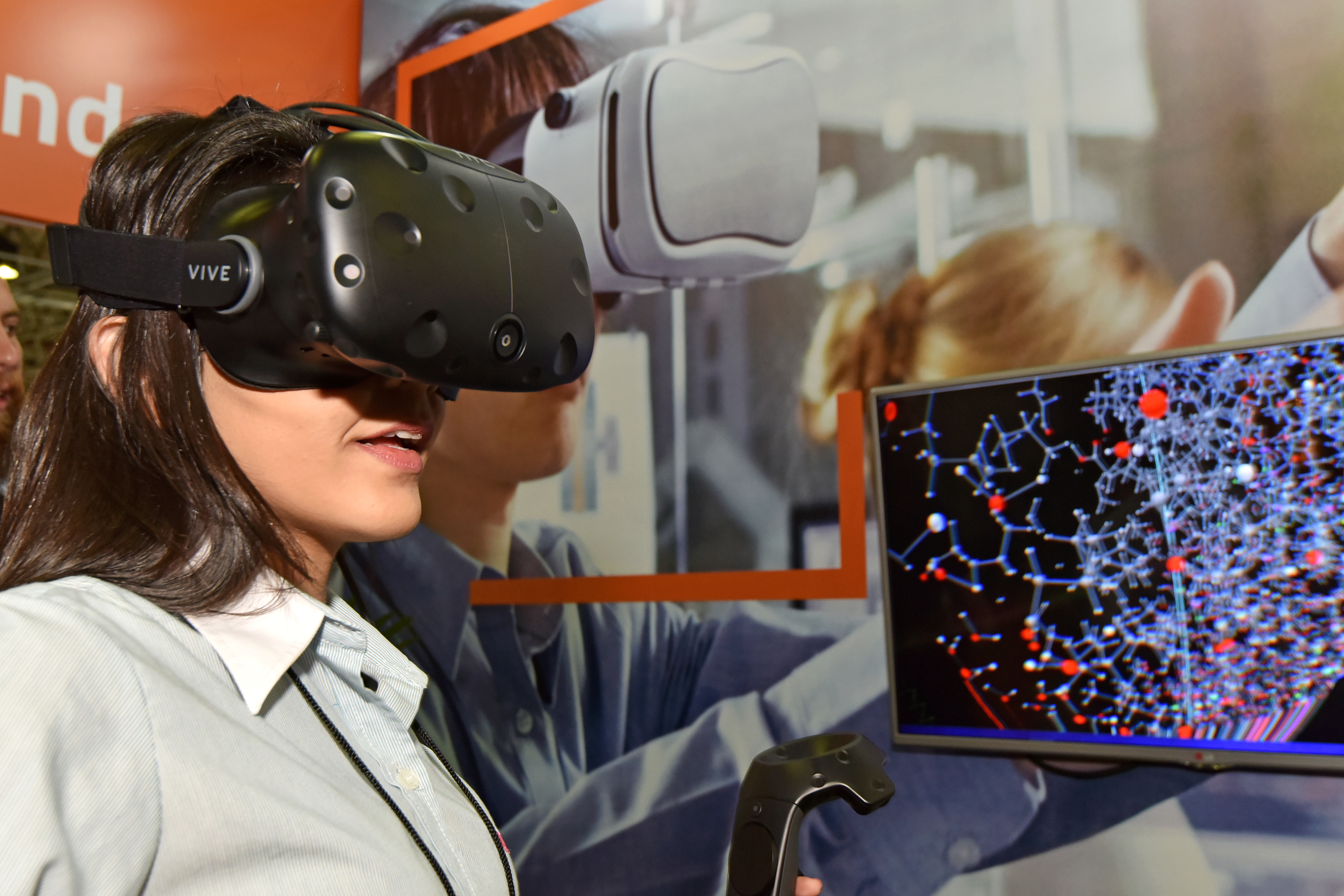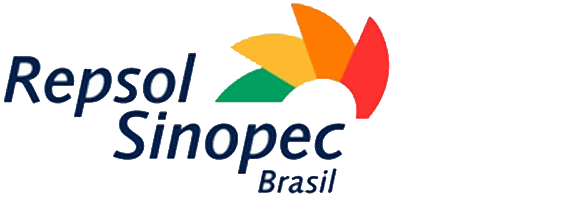Digital acceleration boosts the efficiency and safety of the O&G sector and can also be put at the service of society

The reach of the permanent technological development of the oil and natural gas industry goes beyond increasing safety in operations and reducing operating costs. The digital acceleration of the sector, with increasing investments in artificial intelligence (AI), machine learning, robotics and augmented reality (AR), can also be placed at the service of society’s demands not related to energy supply.
One example of this is the AIRIS – Artificial Intelligence RSB Integrated System. The supercomputer was developed by Repsol Sinopec Brasil (RSB), in partnership with the Supercomputing Center for Industrial Innovation (CS2I) of SENAI CIMATEC, in Salvador (BA), in an investment of R$ 27 million. Intended to improve the processing of big data, the use of complex algorithms, high-performance processing, high-fidelity simulations, the AIRIS is reserved primarily for the oil and gas sector, but can also benefit segments that require high processing capacity.
As an example of this, we made part of the processing capacity of the AIRIS Supercomputer available to the scientific community to assist in research with the use of Artificial Intelligence on the coronavirus. The initiative, which was selected in a national call for action to combat covid-19 from SENAI Nacional, included a line of research to facilitate the diagnosis of Covid-19 in imaging exams using artificial intelligence and streamlining the treatment of large data to predict possible future scenarios, and a second line of action aimed at assisting decision making by analyzing geographic and hospital data to predict the development of the disease allowing for a more efficient management of health, safety and social support resources.
AIRIS supports various Research, Development and Innovation (RD&I) projects in the areas of seismic processing, reservoir engineer and abandonment technologies, which Repsol Sinopec develops in the country, in partnership with startups, universities, research institutes and other private companies. Over the past four years, RSB has invested more than R$ 150 million in its R&D projects of different thematic lines.
“We operate from basic research to the construction of prototypes, in order to develop local technical capabilities and at the same time maximize the value generation of our projects. We have focused on disruptive and digital technologies to increase the automation of processes, developing algorithms and advanced data analysis, making activities more efficient and safer. We are currently testing the effectiveness of artificial intelligence algorithms to improve decision making in the area of predictive maintenance, with the PredictMain4.0 project”, explains Támara García, Research and Development manager at Repsol Sinopec Brasil.
Among the dozens of solutions under study, we can also highlight the ARIEL – Autonomous Robot for Identification of Emulsified Liquids. Developed in partnership with TideWise, LEAD Coppe/UFRJ, GSCAR – Coppe/UFRJ and Farol Serviços, ARIEL is an autonomous system that can be used for tasks such as submarine positioning, data survey and environmental monitoring. Operating in remote mode, the system is able to identify, for example, the location and size of a possible oil leak.
Another highlight is the TWIn – Tuned Water Injection. The project studies the mechanisms of advanced oil recovery from water injection, using a virtual reality simulator, with interactive visualization at the atomic level. It is developed in partnership with Unicamp and USP.
On the other hand, the GOLD project, in partnership with Geowellex, is giving its first results when it comes to providing underground information during drilling campaigns.
And in search of solutions for the protection of biodiversity, Repsol Sinopec Brasil, Bio Bureau Biotecnologia and SENAI CETIQT signed a partnership to carry out the genetic sequencing of Orange Cup Coral, an invasive species that has been affecting the biodiversity of some regions.
“The sequencing of the Orange Cup Coral genome will increase the knowledge of this species, helping us to obtain biotechnological solutions to decrease its dissemination and mitigate its impacts”, explains Támara.
AIRIS
The infrastructure of our AIRIS supercomputer can also be used by the world scientific community, supporting other research groups in the execution of different projects that require high data processing capacity.
Any researcher, company, Research Institution or startup with a technological base that needs computational resources may submit their research project (PDI) to use part of the processing capacity of AIRIS. Learn more here.
